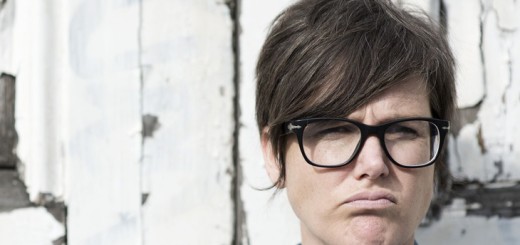
Antigone by Jean Anouilh
www.adelaide.edu.au/theatreguild/current/
When? Saturday 12th May | Tuesday 15 – Saturday 19 May | Tuesday 22 – Saturday 26 May
How much? Full $28 | Conc. $23 – Buy Tickets
Where? Little Theatre ![]()
![]()
![]()
A classic tale of rebellion and civil disobedience, the original Antigone is more than two millennia old. Written by Sophocles in roughly 450 BC, this provocative Greek tragedy was a controversial piece even back then.
Then, in 1944, under Nazi occupation, French author Jean Anouilh revived the ancient play and modernised it, this time giving the antagonist, Creon (a personification of the authoritative state) a much more rational and reasonable character. Anouilh was aware that the only way to retell this tale of heroic (at times naive) rebellion was to make the state (in this case the Nazi’s) look like they were, at least somewhat, doing the right thing.
This timeless piece of resistance is just as relevant today, what with the Arab uprisings and the occupy protests. The Adelaide University Theatre Guild has chosen a brilliant time to stage this play.
Thanks to Rory Chenoweth‘s emotional sound scape, juxtaposed on Lillian Chester‘s symmetrical (and patriarchal) set, this show is chilling. Quite often, after some heavy dialogue, the audience is plunged into darkness, as if to contemplate how what has been said applies to their own lives – a masterstroke by director Edwin Kemp Atrill.
The performances are mostly brilliant. Sarah Lange, is committed and passionate as Antigone. Lange’s penchant for naive heroism is matched by Michael Baldwin‘s rational and balanced portrayal of Creon. I feel that Baldwin’s job was very hard one and he excelled on all counts. Not only did he give us a re-interpreted version of Creon, by the end of the show, the audience felt like this is how Creon was originally written and we just failed to see it. A marvellous feat indeed.
The supporting case is well cast, except for the role of Haemon. Tom Cornwall’s portrayal of a very important character is feeble at best and is the only weak point in an otherwise magnificent production.




